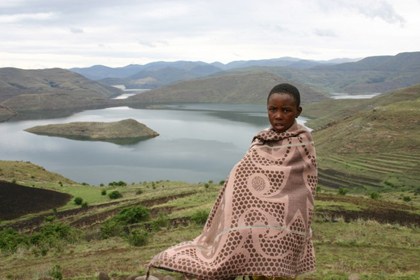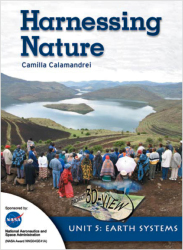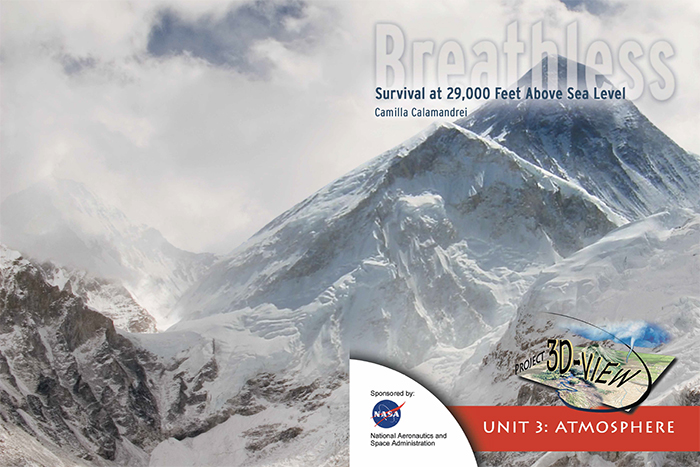PRINT & SPECIAL PROJECTS
Narrative Non-Fiction Books
Writing and editing science and history books for students in 5th – 9th grade, for educational publishers, including: MacMillan McGraw-Hill, Scott Foresman, Newbridge Publishing and the NASA sponsored earth science program “Signals of Spring” (see samples below).
Earth Science and Earth Systems Books
Immersive narratives to help middle-school students understand basic scientific concepts through stories. These books were used as part of Project 3D-VIEW (Virtual Interactive Environmental Worlds) which used real-time migration and meteorological data to engage kids in Science, Technology, Engineering, and Mathematics. Below are excerpts from the readers.

Community Engagement
Collaborating with schools, synagogues, local government, and other organizations to engage, educate, and inspire new practices to improve environmental conservation and daily life in the community. For example, the following work was accomplished in collaboration with the NYC Department of Education, Department of Sanitation, one public school PTA, and teachers from of an elementary school serving 950 students:
School Wide Compost Pilot (NYC DOE & DOS volunteer)
Diverted 50% of lunch waste from waste stream by collaborating with parents, administrators, teachers, custodians, and facilities staff at a large NYC public school to introduce cafeteria organics sorting (for industrial composting). Co-created and led informational sessions for students and faculty re. the basic science of sustainability, how composting works, and why it is important to divert as much material as possible from general waste stream.
Recycling Rangers
Introduced program for upper grade students to evaluate their own classroom’s paper recycling and paper recycling in other classes. Graphed results were posted weekly outside classrooms. Teachers and custodians were enlisted to collaborate. Paper recycling increased 30%.
Water Stations
Established a tradition of offering water refill stations at all major PTA sponsored events, encouraging use of re-usable water bottles and dramatically decreasing sales of bottled drinks.
Reduced Plastic Consumption
Introduced alternative prize tables at annual Harvest Fest and Spring Fair where students could donate their prize coupons or trade them in for a used book or food item — in lieu of taking a disposable prize, thereby decreasing overall waste and encouraging decreased consumerism. PTA also agreed to ban distribution of helium balloons by vendors.
Upcycling and Recycled Art
Students collected over 130lbs of plastic caps and dead pens/markers over the school year. The dead pens/markers were sent for specialized upcycling (these items would otherwise have been destined for a landfill), and the plastic caps were used in a parent led community Art Project – building a sculpture/quilt of plastic caps inspired by Ghanian artist El-Anatsui.




